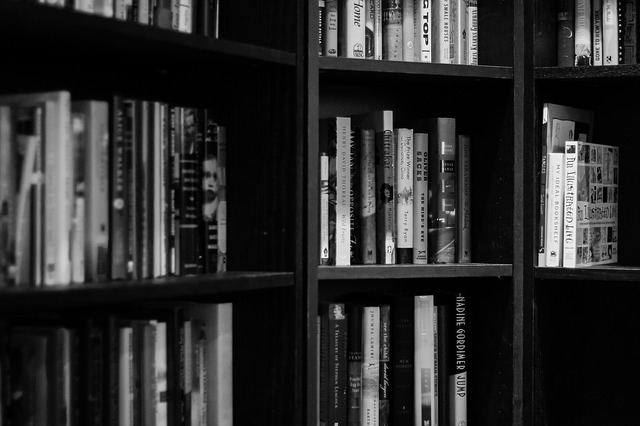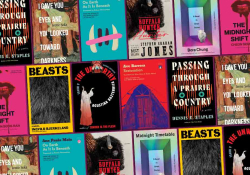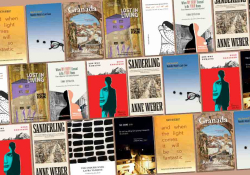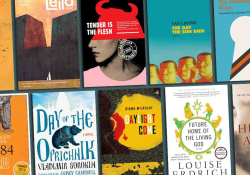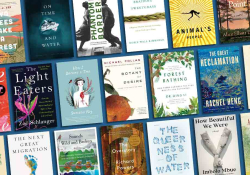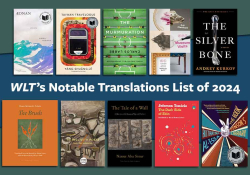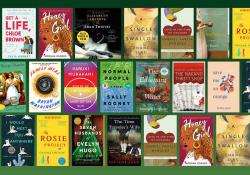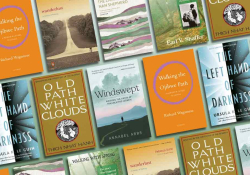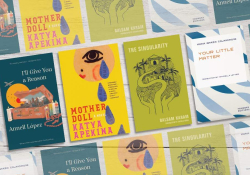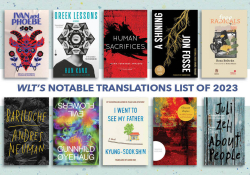The translation paradox, gender parity in the race for literary prizes, and more
News, Reviews, and Interviews
In this article from the New York Review of Books, Tim Parks details the “translation paradox.”
Recent WLT contributor Gabeba Baderoon has been announced as a member of the judging panel for the PEN South Africa Student Writing Prize.
Recent Neustadt Prize juror Amit Majmudar participated as a questioner in this CNN town hall with Democratic presidential candidates Hillary Clinton and Bernie Sanders.
A rare manuscript by one of the most famous Urdu poets, Mirza Ghalib, has been published. For more Urdu poetry, you can read and listen to Zack Rogow and Anshuman Chandra’s translation of “Ghazal” by Shakeel Badayuni.
In this interview from the Prairie Schooner blog, recent Neustadt juror Valzhyna Mort talks about her poetry collections, writing toward the body, and whether triteness in language exists.
Via the National, M. Lynx Qualey asks: is gender parity possible in the race for literary prizes?
The Mahmoud Darwish Awards were announced this week in Jordan. Palestinian poet Ghassan Zaqtan, Lebanese novelist Elias Khoury, and US novelist Alice Walker were each awarded $25,000.
The Race Matters podcast takes a look back at the University of Oklahoma SAE incident, one year later.
What are our e-reading habits? This article from the New York Times examines stats on how people read e-books and asks how the availability of this data will affect authors and publishers.
The New Yorker launched a new podcast where listeners can hear the short stories that appear in the magazine.
Flavorwire questions the cat-and-mouse game of trying to discover Italian author Elena Ferrante’s identity.
Fun Finds and Inspiration
These 25 words are turning 25 in 2016—their first Oxford English Dictionary citations were in 1991.
This infographic by Oxford University Press examines wealth, status, and currency during William Shakespeare’s lifetime.
This video from YesterVid explores how far back in time a modern English-speakers would need to travel before their own language became something they wouldn’t recognize.
